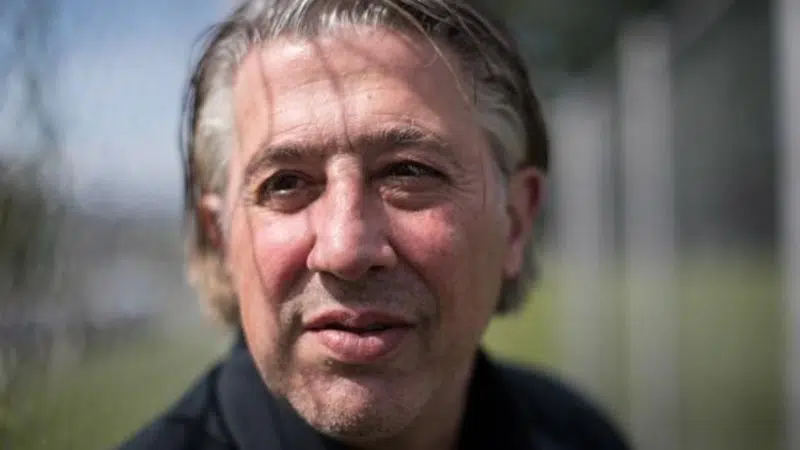
In the news today, Aug. 27
Four stories in the news for Tuesday, Aug. 27
———
MIDDLE-CLASS B.C. GANGS BREAK FROM HISTORY
A former member of the Hells Angels says the young men joining gangs today are facing much higher stakes than he did. Joe Calendino began turning his life around after being busted selling $10 worth of crack cocaine to an undercover cop. But he says the gang landscape has shifted so dramatically in the decade since that today’s youth won’t have the same second chance. He says he and his friends got in fights when he was growing up and started getting involved with drugs, but guns were never involved. When Canada’s homicide rate reached 660 in 2017 — the highest in almost a decade — Statistics Canada attributed part of the spike to gang-related violence and shootings, singling out British Columbia as a hot spot.
